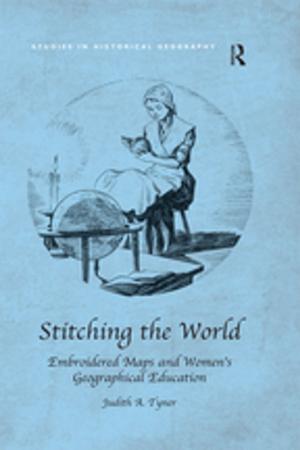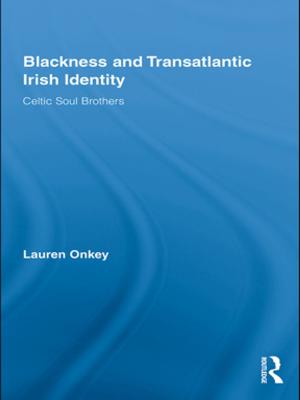Shamans/Neo-Shamans
Ecstasies, Alternative Archaeologies and Contemporary Pagans
Nonfiction, Social & Cultural Studies, Social Science, Archaeology| Author: | Robert J. Wallis | ISBN: | 9781134416110 |
| Publisher: | Taylor and Francis | Publication: | December 8, 2003 |
| Imprint: | Routledge | Language: | English |
| Author: | Robert J. Wallis |
| ISBN: | 9781134416110 |
| Publisher: | Taylor and Francis |
| Publication: | December 8, 2003 |
| Imprint: | Routledge |
| Language: | English |
In popular culture, such diverse characters as occultist Aleister Crowley, Doors musician Jim Morrison, and performance artist Joseph Beuys have been called shamans. In anthropology, on the other hand, shamanism has associations with sorcery, witchcraft and healing, and archaeologists have suggested the meaning of prehistoric cave art lies with shamans and altered consciousness. Robert J. Wallis explores the interface between 'new' and prehistoric shamans. The book draws on interviews with a variety of practitioners, particularly contemporary pagans in Britain and north America. Wallis looks at historical and archaeological sources to explore contemporary pagan engagements with prehistoric sacred sites such as Stonehenge and Avebury, and discusses the controversial use by neo-Shamans of indigenous (particularly native American) shamanism.
In popular culture, such diverse characters as occultist Aleister Crowley, Doors musician Jim Morrison, and performance artist Joseph Beuys have been called shamans. In anthropology, on the other hand, shamanism has associations with sorcery, witchcraft and healing, and archaeologists have suggested the meaning of prehistoric cave art lies with shamans and altered consciousness. Robert J. Wallis explores the interface between 'new' and prehistoric shamans. The book draws on interviews with a variety of practitioners, particularly contemporary pagans in Britain and north America. Wallis looks at historical and archaeological sources to explore contemporary pagan engagements with prehistoric sacred sites such as Stonehenge and Avebury, and discusses the controversial use by neo-Shamans of indigenous (particularly native American) shamanism.















